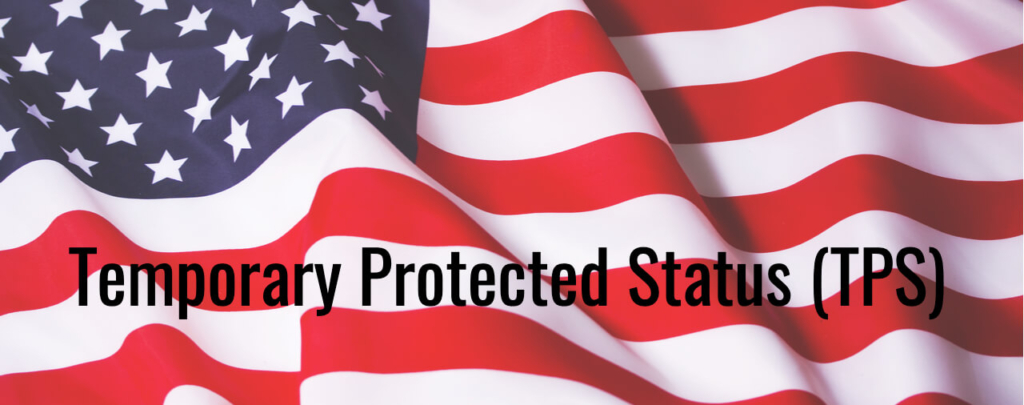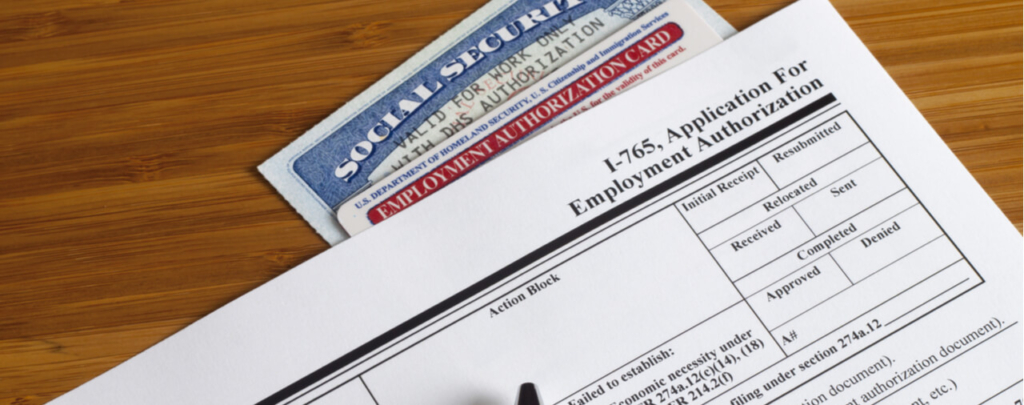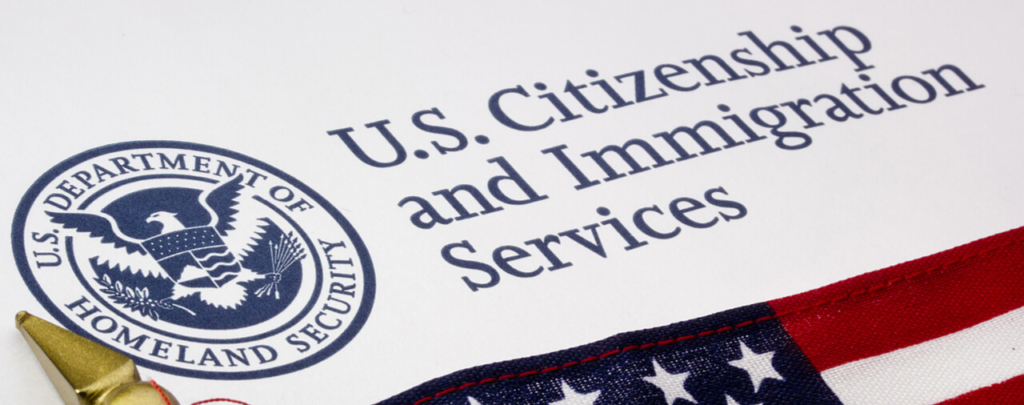-1024x405.jpg)
Ukraine TPS Updates
How to extend Ukraine’s TPS designation? Ukrainians seeking temporary protection for the first time – find steps to follow in our article.
Home Immigration Blog Nonimmigrant Visas Special Programs
-1024x405.jpg)
How to extend Ukraine’s TPS designation? Ukrainians seeking temporary protection for the first time – find steps to follow in our article.

Temporary Protected Status (TPS): benefits, rules for eligibility and maintaining TPS, process for filling for TPS, advice from experienced immigration attorney.

540 days extension rule for Employment Authorization Documents (EAD) extension by USCIS expires on October 27, 2023.

The DHS announced a new deferred action policy for handling requests from aliens and noncitizens who are victims of, or witnesses to, labor violations.

A short guide on how and when to request assistance with a USCIS immigration case from the CIS Ombudsman: issues he can and cannot help with.

On occasion, the USCIS may perform a workload transfer of a case from one service center to another. This article examines transfer cases, including regarding premium processing.

27 Whitehall Street, 5th Fl New York, NY. 10004
Attorney Advertising: prior results do not guarantee similar outcomes.
myattorneyusa.com is owned and operated by The Law Offices of Grinberg & Segal, PLLC (Grinberg & Segal). The content of myattorneyusa.com is copyrighted. Grinberg & Segal is a NYC immigration law firm that consists of highly experienced immigration lawyers licensed to practice state law in New York and New Jersey and U.S. federal law worldwide. Grinberg & Segal’s New York-based immigration, deportation and removal lawyers represent immigrant clients in all fifty states and before U.S. Consulates anywhere in the world. Grinberg and Segal’s immigration lawyers are highly skilled and experienced in all areas of immigration law and related federal litigation including Writs of Mandamus and Habeas Corpus as well as APA Action in Federal District Courts, Petitions For Review in U.S. Circuit Courts and all administrative appeals Before the Board of Immigration Appeals (BIA) of the Executive Office for Immigration Review; Administrative Appeals Office (AAO) at the U.S. Department of Homeland Security (DHS) as well as before Immigration Courts nationwide.

Copyright © 2019 My Attorney USA. All Rights Reserved